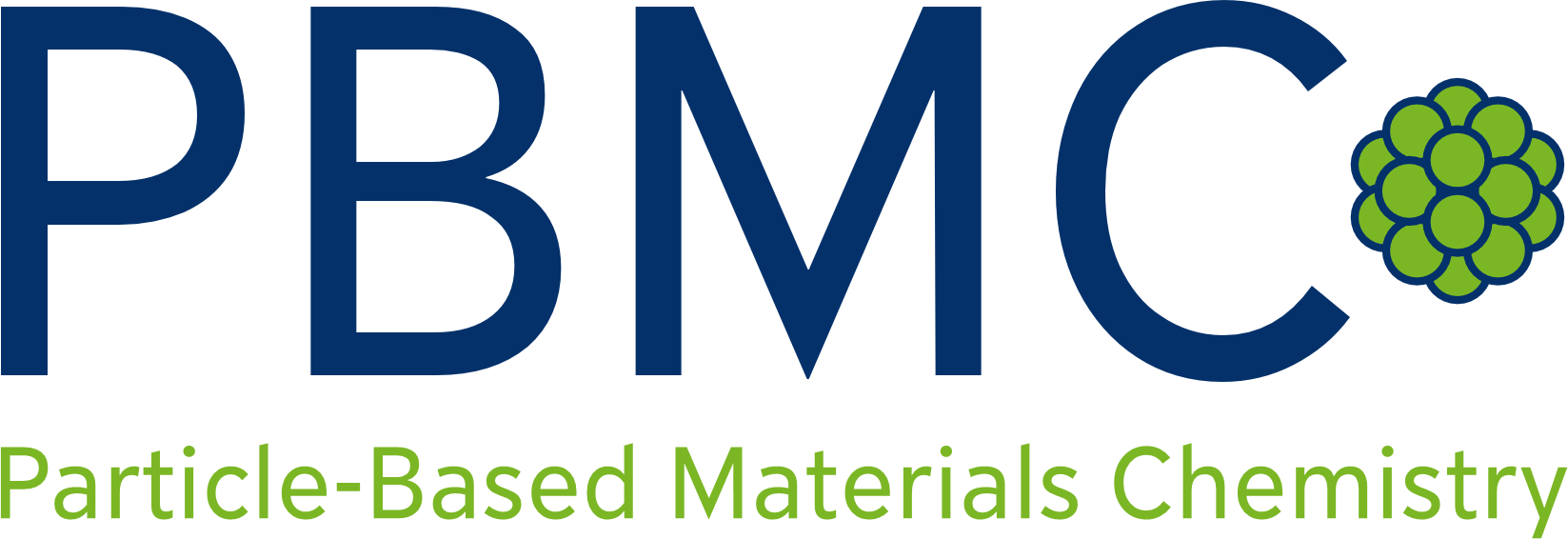Magnetic entities and magnetic particle spectroscopy (MPS)
Research
Magnetic entities and magnetic particle spectroscopy (MPS)
![]()
Iron oxide-based nanoparticles can be engineered to be magnetically steerable, inductively heatable or chemically reactive. Joined to entites such as supraparticles, collective magnetic interaction occurs. Besides designing these magnetic interactions, we also study them via the method of magnetic particle spectroscopy (MPS) that we pioneer and consider as a very powerful tool that provides new eyes to study processes or materials when it is dark, i.e., when one cannot use (light) optical means.
Selected publications:
, Wolf A., ,
Information-providing magnetic supraparticles: particle designs to record environmental stimuli with readout by magnetic particle spectroscopy
In: Accounts of Materials Research (2025), just accepted
Wolf A., Heinlein M., Kent N., Müssig S.,
Bulk magnetic properties arise from micron-sized supraparticle interactions and can be modified on the nanoscale
In: Small (2025)
DOI: 10.1002/smll.202412311
Wolf A., Sauer J., Hurle K., Müssig S. and Mandel K.
Magnetic supraparticles capable of recording high temperature events
In: Advanced Funtional Materials (2024)
DOI: 10.1002/adfm.202316212
, Müssig S., Bauer H.,, Mandel K.
Recording Temperature with Magnetic Supraparticles
In: Advanced Materials (2022)
DOI: 10.1002/adma.202202683
, , , ,
A Single Magnetic Particle with Nearly Unlimited Encoding Options
In: Small (2021)
DOI: 10.1002/smll.202101588

